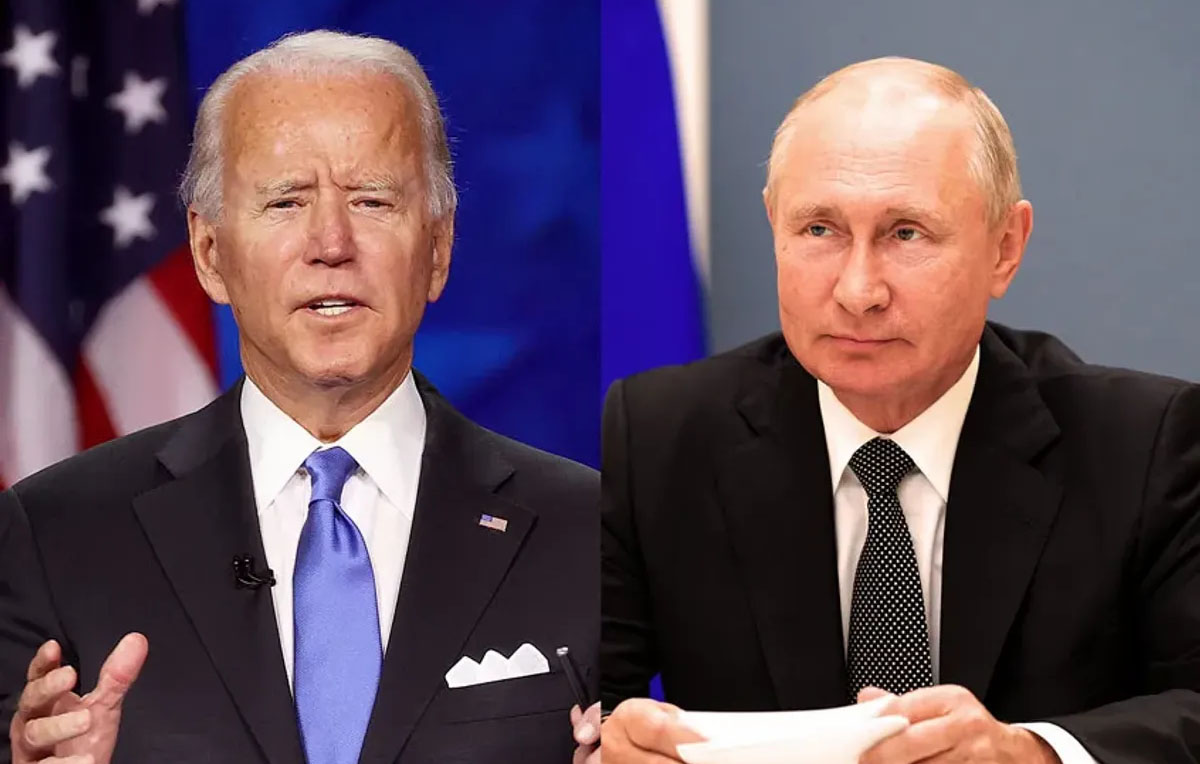
Photo Credit: Getty Images
Global warming, a consequence of human-induced climate change, is a pressing environmental issue that poses significant threats to ecosystems, economies, and human well-being worldwide. Characterized by the gradual increase in Earth's average surface temperature, global warming is primarily driven by the emission of greenhouse gases, such as carbon dioxide (CO2), methane (CH4), and nitrous oxide (N2O), into the atmosphere. These gases trap heat from the sun, leading to the warming of the planet and disrupting its natural climate patterns.
The effects of global warming are wide-ranging and profound, impacting both natural and human systems. One of the most visible consequences is the melting of polar ice caps and glaciers, leading to rising sea levels and coastal erosion. This poses a significant threat to coastal communities, infrastructure, and biodiversity. Additionally, global warming increases extreme weather events, including heatwaves, hurricanes, droughts, and floods, increasing the frequency, intensity, and unpredictability of such events.
Furthermore, global warming disrupts ecosystems and threatens biodiversity, leading to habitat loss, species extinction, and shifts in ecological communities. Rising temperatures and changing precipitation patterns affect agricultural productivity, water availability, and food security, intensifying hunger and poverty in vulnerable regions.
Moreover, human health is adversely affected by global warming, with increased risks of heat-related illnesses, vector-borne diseases, and respiratory ailments due to air pollution.
Recognizing the urgent need to address global warming, governments, organizations, and communities around the world are implementing various mitigation efforts to reduce greenhouse gas emissions and mitigate the impacts of climate change. At the
international level, the Paris Agreement, adopted in 2015 under the United Nations Framework Convention on Climate Change (UNFCCC), aims to limit global warming to well below 2 degrees Celsius above pre-industrial levels, with efforts to limit it to 1.5
degrees Celsius.
Many countries have committed to reducing their greenhouse gas emissions through national climate action plans and policies. This includes transitioning to renewable energy sources, improving energy efficiency, enhancing public transportation, and promoting sustainable land use practices. Additionally, initiatives such as carbon pricing, emissions trading schemes, and renewable energy incentives are being implemented to incentivize emission reductions and foster a low-carbon transition.
Furthermore, organizations and businesses are increasingly recognizing the importance of corporate sustainability and climate action. Many companies are setting ambitious emissions reduction targets, investing in renewable energy projects, and integrating climate risk assessments into their business strategies. Civil society organizations, research institutions, and advocacy groups are also actively engaged in raising awareness, conducting research, and advocating for policy action on climate change.
While significant progress has been made in addressing global warming, much more needs to be done to accelerate the transition to a low-carbon, resilient future. Urgent and concerted efforts are required at all levels of society to reduce greenhouse gas emissions, protect vulnerable communities, and safeguard the planet for future generations.
By working together and taking bold climate action, we can mitigate the impacts of global warming and build a sustainable and prosperous future for all.
Email: This email address is being protected from spambots. You need JavaScript enabled to view it.



















